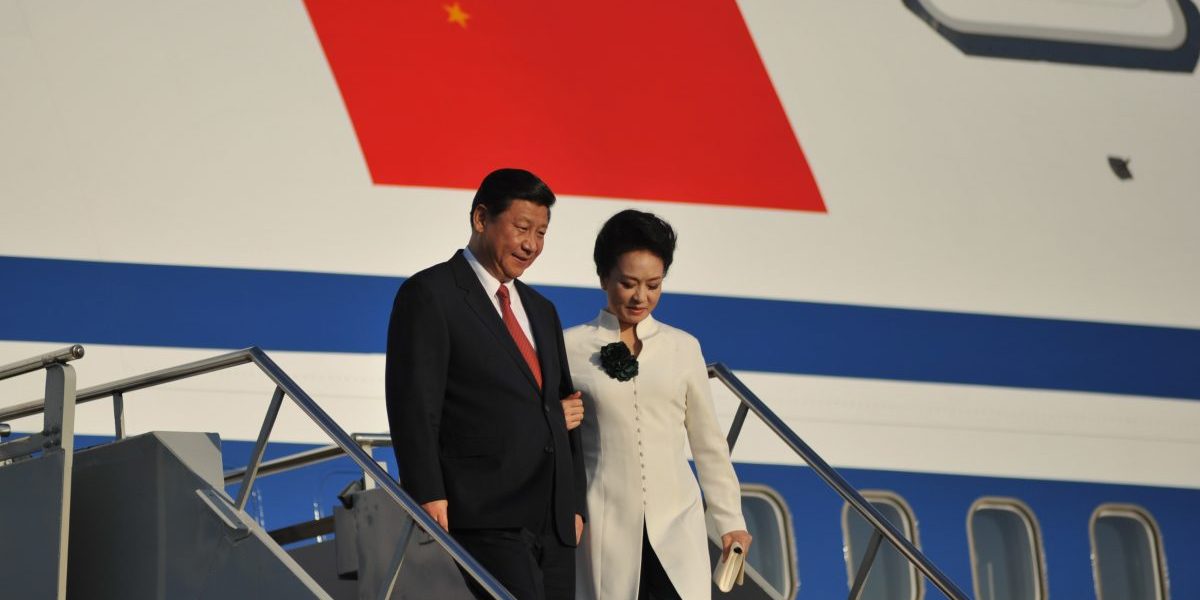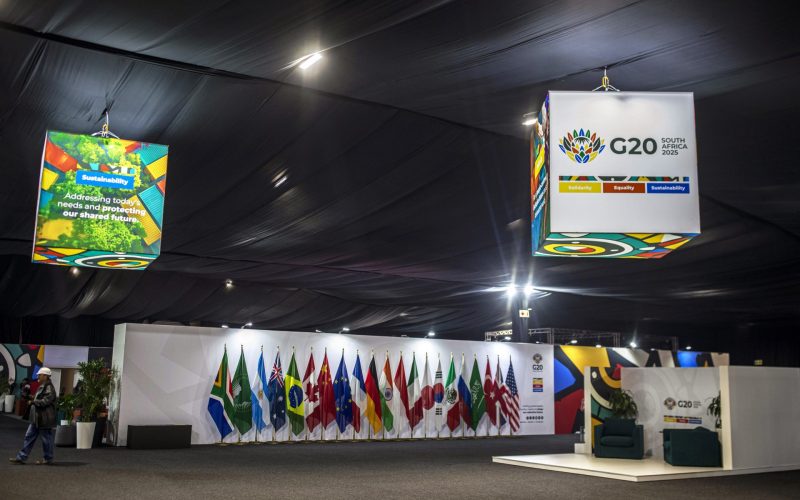The Asian giant’s economy grew at 9.5% in 2004, despite official efforts to slow it down. The combined strength of mainland China, Taiwan and Hong Kong is $1.5 trillion. From 1990 to 2003, according to the World Trade Organisation, China’s share of global exports rose from 1.8% to 34%, while its share of global imports rose from 1.5% to 40% in the same period.
Translated into the more digestible language of human supply and demand, as the South Africa-based Institute for Global Dialogue calculated, ‘if the Chinese were to reach the American level of car ownership and oil consumption, it would require 80 million barrels of oil per day. Current global production is a little more than 64 million barrels.’
China’s insatiable appetite for resources comes at a pivotal moment for Africa. Fifteen years after the fall of the Berlin Wall set off a wave of democratisation on the continent, concern for African poverty is rising to unprecedented heights on the global agenda.
Africa, consequently, stands at a crossroads. Will it meet this outside engagement passively or actively? The continent has vast deposits of the mineral and energy resources China seeks. But it also has critical points of leverage against Beijing. An active, nuanced policy toward China that balances long-term economic and security interests could accelerate progress on African priorities at home and abroad.
But a passive policy that looks no further than feeding China’s appetite for raw materials contains grave dangers. China is a key player influencing whether the world averts its eyes from human rights abuses and civil wars. And its growing manufacturing prowess is a direct economic threat to Africa. How Africa responds to China is the subject of this issue.








